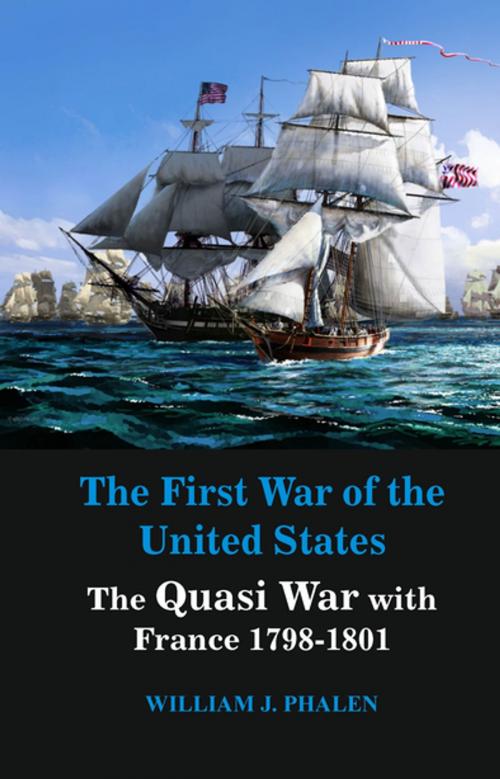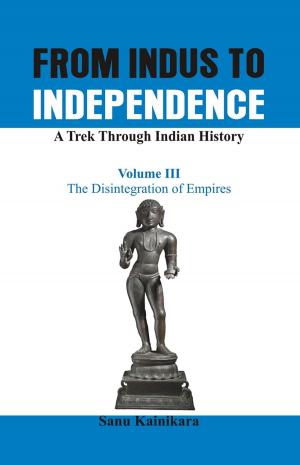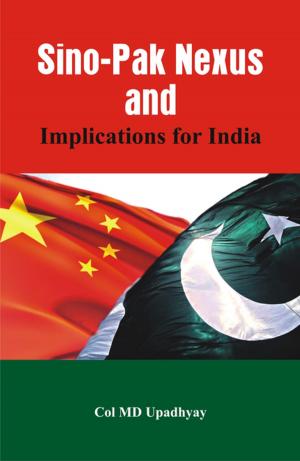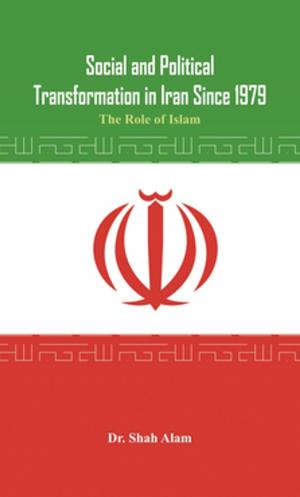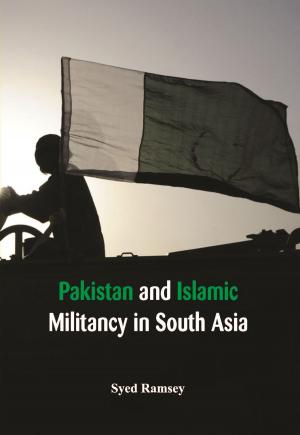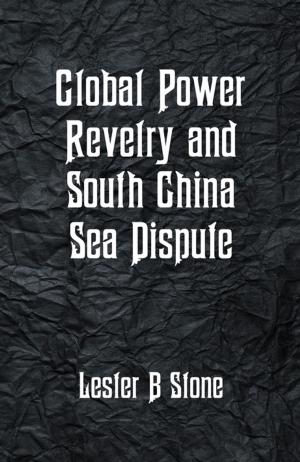The First War of United States
The Quasi War with France 1798-1801
Nonfiction, Science & Nature, Technology, Military Science, History, Military| Author: | William J. Phalen | ISBN: | 9788193759172 |
| Publisher: | VIJ Books (India) PVT Ltd | Publication: | August 1, 2018 |
| Imprint: | VIJ Books (India) Pty Ltd | Language: | English |
| Author: | William J. Phalen |
| ISBN: | 9788193759172 |
| Publisher: | VIJ Books (India) PVT Ltd |
| Publication: | August 1, 2018 |
| Imprint: | VIJ Books (India) Pty Ltd |
| Language: | English |
Friends sometimes have problems with one another, the reasons are myriad, because after all, they are human beings and therefore subject to all of humanities foibles, and since that is the case, if two people can have a disagreement, so can two nations. This book relates the situation between two of these countries, the United States and France. Twenty years before these problems became the war, both nations were engaged in a conflict against Great Britain. The American colonies were attempting to gain their independence and France was again continuing its battle against England that had begun with their invasion of Normandy in 1202. France, in an effort to assist another entity that was also fighting the English, entered into an agreement with the American colonies, which resulted in its supplying the colonies with the men and materials that were desperately needed to prosecute a war that most historians agreed would not have been won without this assistance. While the assistance was invaluable, the American colonies, now the United States, began trading with its benefactor which the French expected because of this assistance. Unfortunately, the exchange of goods was not only not beneficial to the United States, but worse, caused a continuation of American trade with Great Britain along with the signing of Jay's treaty which infuriated the French leading it into problems with the United States. This situation led to what has been called the Quasi-War, an odd conflict that was undeclared and fought entirely at sea between two nations, neither of whom wanted it.
Friends sometimes have problems with one another, the reasons are myriad, because after all, they are human beings and therefore subject to all of humanities foibles, and since that is the case, if two people can have a disagreement, so can two nations. This book relates the situation between two of these countries, the United States and France. Twenty years before these problems became the war, both nations were engaged in a conflict against Great Britain. The American colonies were attempting to gain their independence and France was again continuing its battle against England that had begun with their invasion of Normandy in 1202. France, in an effort to assist another entity that was also fighting the English, entered into an agreement with the American colonies, which resulted in its supplying the colonies with the men and materials that were desperately needed to prosecute a war that most historians agreed would not have been won without this assistance. While the assistance was invaluable, the American colonies, now the United States, began trading with its benefactor which the French expected because of this assistance. Unfortunately, the exchange of goods was not only not beneficial to the United States, but worse, caused a continuation of American trade with Great Britain along with the signing of Jay's treaty which infuriated the French leading it into problems with the United States. This situation led to what has been called the Quasi-War, an odd conflict that was undeclared and fought entirely at sea between two nations, neither of whom wanted it.
